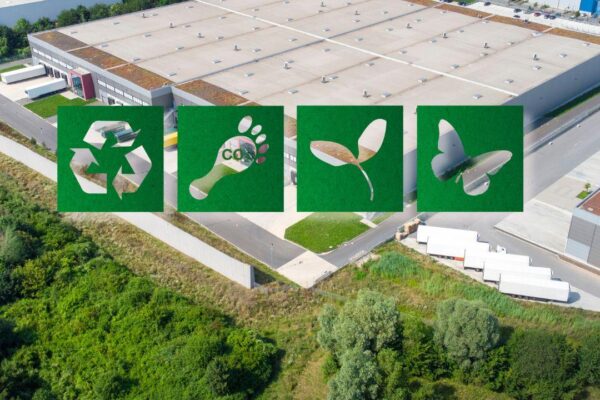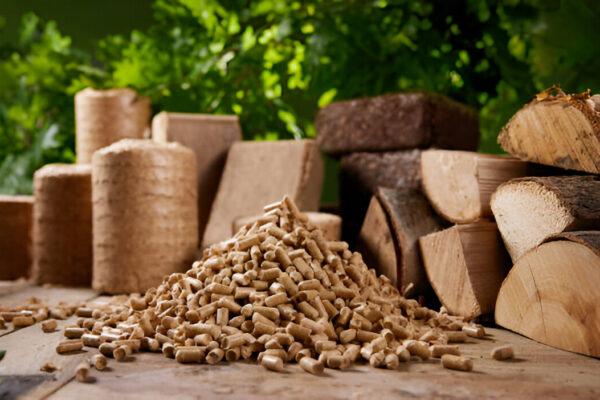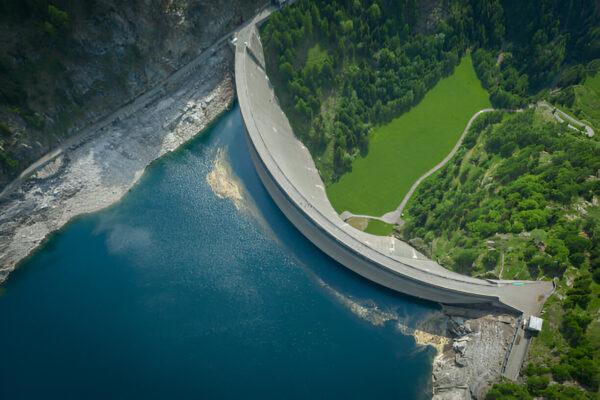Efforts towards sustainability need to be achieved in various ways. Starting from awareness of climate change issues, to wisdom in choosing food ingredients as daily consumption. Each of these efforts will basically be very meaningful if carried out continuously and massively. one of them is in terms of the use of vegetable oil. The reason is, vegetable oil has various impacts on the environment.
Read More : Pembukaan Lahan: Pengertian, Syarat, Metode, Hingga Dampaknya bagi Lingkungan
In this article, we will go further on how the impact of vegetable oil production and consumption on the environment.
Table of Contents
ToggleDeforestation
Vegetable oil crops, specifically soy and palm oil, are two of the three leading causes of global deforestation, responsible for almost 20% of tropical deforestation globally. In recent decades, oil palm plantations have caused over half of the local deforestation in Malaysian Borneo and are believed to play a major role in global deforestation.
When forests are burned to clear land for oilseed crops, one of the numerous negative outcomes is the rise in harmful emissions, including greenhouse gasses and hazardous air pollutants from the smoke.
Biodiversity Loss
Oilseed plantations typically involve monocultures, meaning they are made up of a single crop species over a vast area. Transforming natural ecosystems into monocultures for oilseed crops can greatly diminish biodiversity. This may result in the loss of plant and animal species, disrupt ecosystems, and decrease genetic diversity, which is known as ‘biodiversity loss’.
The International Union for Conservation of Nature (IUCN) documents that over 300 animal species are threatened by the cultivation of vegetable oils such as oil palm.
Read More: Digital Transformation to Support Environmental Sustainability
Soil Degradation
Monoculture farming practices can cause land degradation and reduce soil fertility. This happens in the process of growing the same crop repeatedly on the same land and depletes specific nutrients that the crop requires. Over time, the soil becomes deficient in those nutrients, making it less fertile.
Monoculture also reduces organic matter in the soil, which is crucial for maintaining good soil structure. Without diverse plant roots to help hold the soil together, the soil can become compacted and lose its ability to retain water and air, which later on causes erosion.

Chemical Usage
The extensive application of pesticides and fertilizers in vegetable oil production can negatively impact the environment. These substances can pollute soil and water, harm non-target species, and reduce populations of pollinators such as bees. Chemical use in plantations can also contaminate nearby water sources and soil, damaging aquatic life and terrestrial species. This pollution can cause declines in species sensitive to environmental changes.
Mitigation Measures
Addressing the environmental impacts of vegetable oil production requires a combination of sustainable farming practices, policy measures, and consumer awareness. To the environment, agroforestry or integrating vegetable oil crops with other crops and maintaining forest areas can help reduce negative impacts.
To consumers, the act of reducing the consumption of products containing unsustainable vegetable oils can decrease demand and its associated environmental impacts. Besides, supporting the development and use of alternative oils, such as algae-based oils or sustainably sourced oils, will lower environmental impacts and support more sustainability. Understanding the impact of vegetable oil on our planet, companies that produce vegetable oil also need to be aware of the production process. In this case, the point that should not be left behind is about carbon emission. Now, company can calculate emission and plan the sustainable strategy with Satuplatform.com. Try the FREE DEMO now!
Similar Article
Memahami Dampak Jejak Karbon Tersembunyi di Balik Jejak Air
Dalam upaya menerapkan strategi keberlanjutan, jejak karbon dan jejak air (water footprint) merupakan dua metrik penting untuk mengukur dampak ekologis.…
Good Agricultural Practices (GAP): Fondasi Pertanian Modern yang Aman dan Berkelanjutan
Isu terkait ketahanan pangan kian menyita perhatian masyarakat global. Konsumen makin memperhatikan kualitas dan keamanan produk pertanian hingga praktik bertani…
Low GHG Emission, High Impact: Everyday Materials That Could Reshape Green Manufacturing
The shift toward sustainable production practices has spurred growing interest in low-carbon materials that support greener industrial processes. Emerging materials,…
Does “Eco-friendly” Labels Mean Green Product in Green Industry?
Businesses and consumers alike are navigating a flood of products claiming to be “eco-friendly” or “green.” These labels, often used…
Dilema Biomassa: Transisi Energi Berkelanjutan atau Perusakan Lingkungan?
Dalam upaya mencapai target net-zero emission pada 2060, Indonesia mendorong transisi energi dari bahan bakar fosil ke sumber energi terbarukan.…
Energi Terbarukan di Indonesia: Mengapa Surya dan Hidro Menjadi Pilihan Utama?
Sebagai negara kepulauan terbesar di dunia, Indonesia menghadapi tantangan besar dalam memenuhi kebutuhan energinya. Di tengah komitmen untuk mencapai net…





